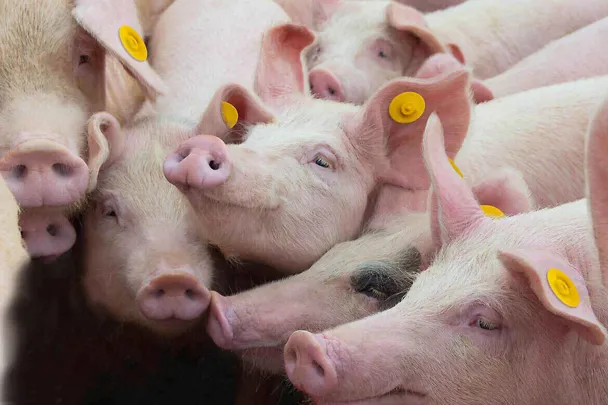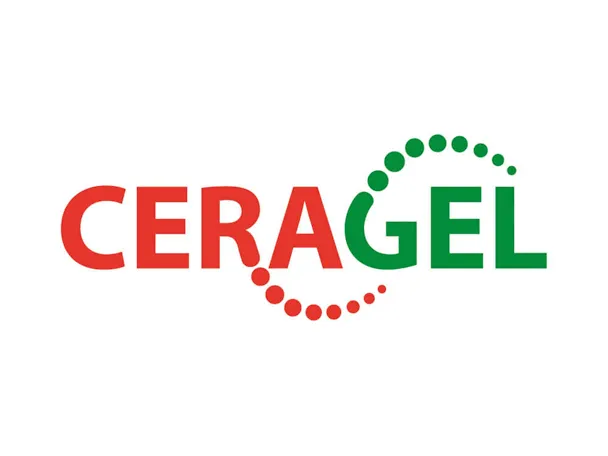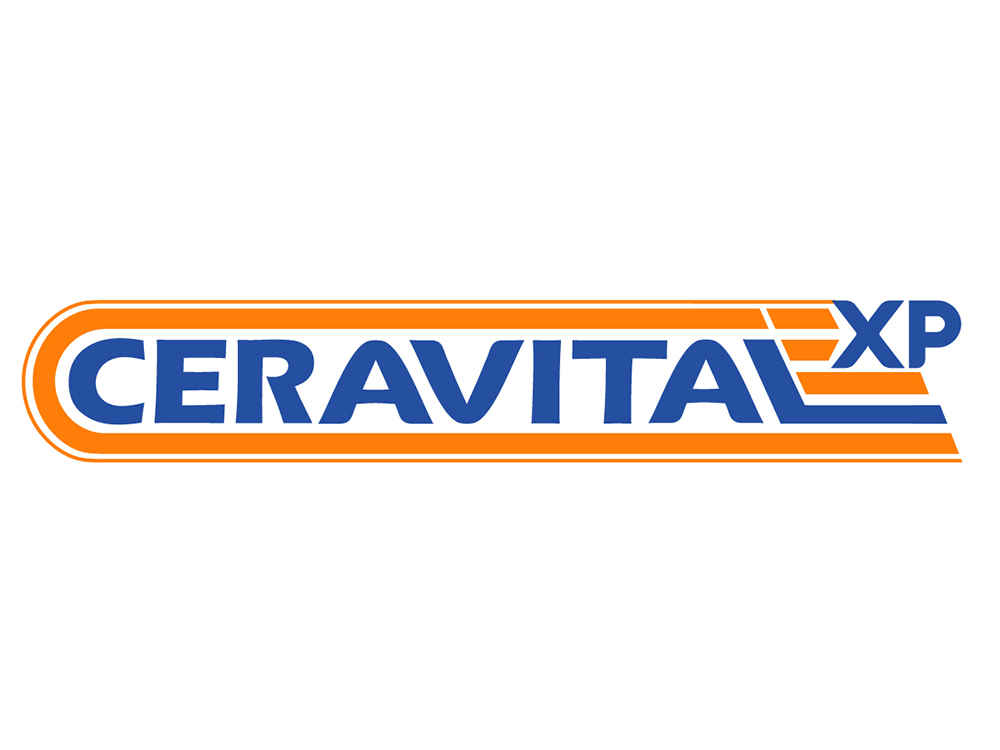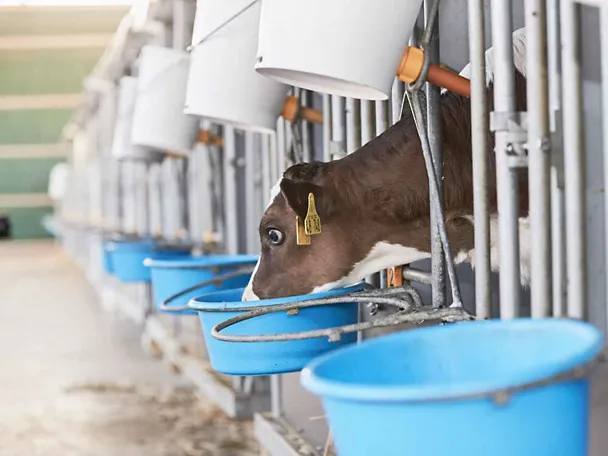SCHAUMA STABIL 2.0 works comprehensively - for a stable intestine in piglets

© adobe.stock.com - deyana
SCHAUMA STABIL 2.0
A high level of stress always has an impact on the stability of the intestinal flora and the integrity of the intestinal mucosa. This renders the pig more susceptible to diarrhoeal diseases. The new SCHAUMANN special product SCHAUMA STABIL 2.0 helps your piglets in difficult situations.
Diarrhoea, ear rim necrosis, or tail biting are symptoms of an imbalance in the intestine. It is particularly common in animals under stress, such as weaners or runners when they are transferred to fattening.
Young animals have few ways of withstanding the stress
The gastrointestinal tract of weaned piglets is not yet fully developed. The complex interplay of "good" intestinal bacteria, the physical protection of the mucous membrane by the overlying mucus layer, and the special connections between the individual intestinal cells, so-called "tight junctions", can quickly become unbalanced in these animals (see Figure 1). The part of the immune system located in the intestine is also affected. As a result, pathogens have an easier task and toxins enter the body more freely.
Pathogenic germs and toxins can attack the system more readily
The numerous stress factors can also cause digestive disorders, changes in the microflora (usually an increase in pathogenic germs), and a reduced breakdown of free radicals. This weakened intestinal mucosa enables larger molecules such as endotoxins, mycotoxins, but also germs to enter the body more readily.
SCHAUMA STABIL 2.0 - effective in the combination of its ingredients
The SCHAUMA STABIL 2.0 special product protects the pigs against pathogenic germs and maintains the natural barrier of the intestinal mucosa. The ingredients interact to provide effective cell protection and inhibit germs and inflammation (see Figure 2).
- Lauric acid and CERAGEL effectively inhibit diarrhoeal pathogens and reduce the proliferation of gram-positive germs such as streptococci and staphylococci.
- CERAVITAL XP increases the digestibility of the protein contained in the feed. This means that pathogenic germs in the small and large intestine have fewer nutrients available, and their growth is inhibited. The Schaumann active ingredient also strengthens the connections between the cells, which are known as “tight junctions”. This ensures the intestinal mucosa’s function as a barrier against diarrhoeal pathogens such as E.coli.
- Betaines provide nutrients to the intestinal mucosa. Plant polyphenols scavenge free radicals and hydrolysed tannins have a protective effect.



